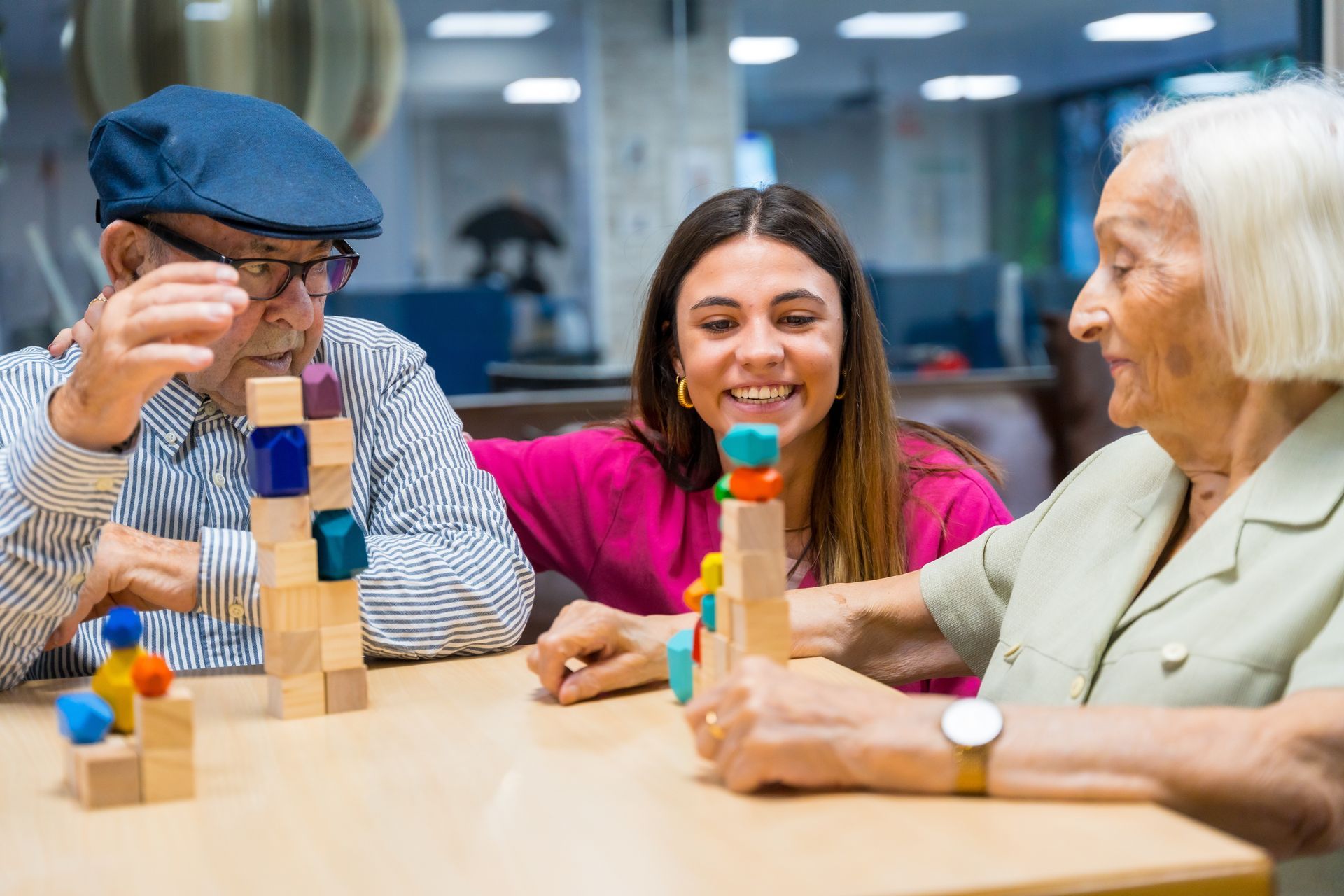BLOG
Seniors and Personal Care: How to Help When Their Personal Appearance Is Neglected
After a lifetime of dressing professionally for work, or always helping a spouse look their best, it’s understandable that an older adult now might wear a favorite – although well worn – sweatshirt or skip a haircut occasionally. But a senior’s appearance and personal care can be an important indicator that a bit of extra assistance might be needed at home, or in a more supportive environment.
Why maintaining good personal hygiene is so important
Casual is comfortable, whether it’s clothing or home furnishings. However, there is a point where unkempt should not be ignored. That’s because keeping up physical appearance is part of a person’s sense of self, their dignity and their pride in who they are. It’s a feeling of being in control. When what someone wears, as well as where they live, is clean and neat, it feels good, and can bump up a person’s energy as they face each day.
In addition, when it comes to seniors and personal care, there are implications for physical wellbeing. For example, bathing regularly is vital for good health. When a person does not take a bath or shower on a regular basis, they can develop skin infections and irritations. However, it is important to know that if your older loved one is not as active as they used to be, they need only bathe a few days a week, especially If they also moisturize their skin.
Another problem that can result from lack of regular hygiene is issues with feet. Keeping feet clean, as well as regular seeing a podiatrist for nail trims and other issues, can make a huge difference in health as well as mobility.
Seniors and personal care: why they might be neglecting their appearance
- Depression. When a person is living on their own and has little or no regular social contact, they might begin to feel there’s no need to take care of themselves as they once did. Or, they might be grieving the death of a spouse or close friend and not be concentrating on laundry or grooming.
- Fear of falling. Slipping in the shower or falling while dressing can be serious events for seniors whose mobility has declined. As a result, they might begin to avoid taking extra measures to keep themselves, or their home, in neat order.
- Difficulty getting places or completing tasks. Mobility issues can make every movement a challenge, even painful. Arranging transportation to a hair appointment might require more effort than seems worth it. It’s quite possible your parent is embarrassed or reluctant to admit these feelings to you.
Possible solutions for seniors and personal care
Many seniors find it easier to accept help from someone other than a family member. For example:
- A home health aide can assist with light housework and laundry as well as helping your loved one get bathed and dressed, if needed.
- An assisted living community includes such services as part of their levels of care, providing choices based on the support your loved one needs. Maybe it’s just a helping hand now and then dressing or bathing. Maybe it’s assistance with medications or getting the nutrition they need through regular daily meals.
At Assured Senior Living, your loved one benefits from professional caregivers who treat them as dynamic individuals, focusing on their many strengths. In this residential assisted living memory care setting, each person can relax and feel secure, free from worries of home upkeep, and enjoy life as they choose—looking and feeling their best!
We’d love to tell you more
In our signature residential community model, staff residents live right on campus, to offer quality care and support 24 hours a day, 7 days a week. At Assured Senior Living, you’ll find more than a community. You’ll find purposeful living.
Download our free guide, Family Decision Toolkit. Or contact us today.















